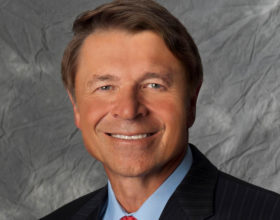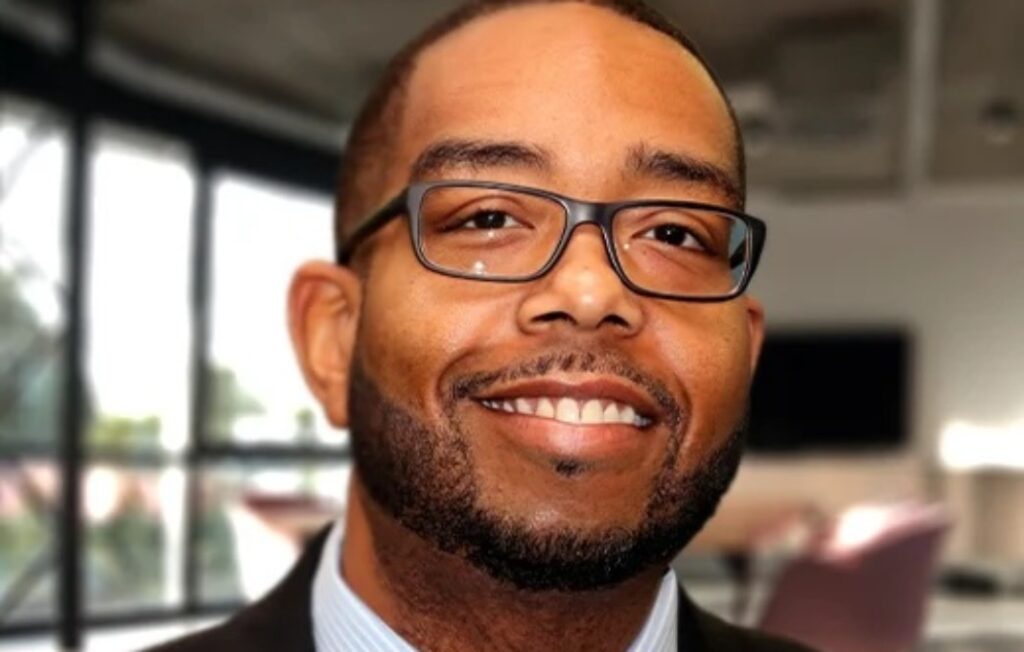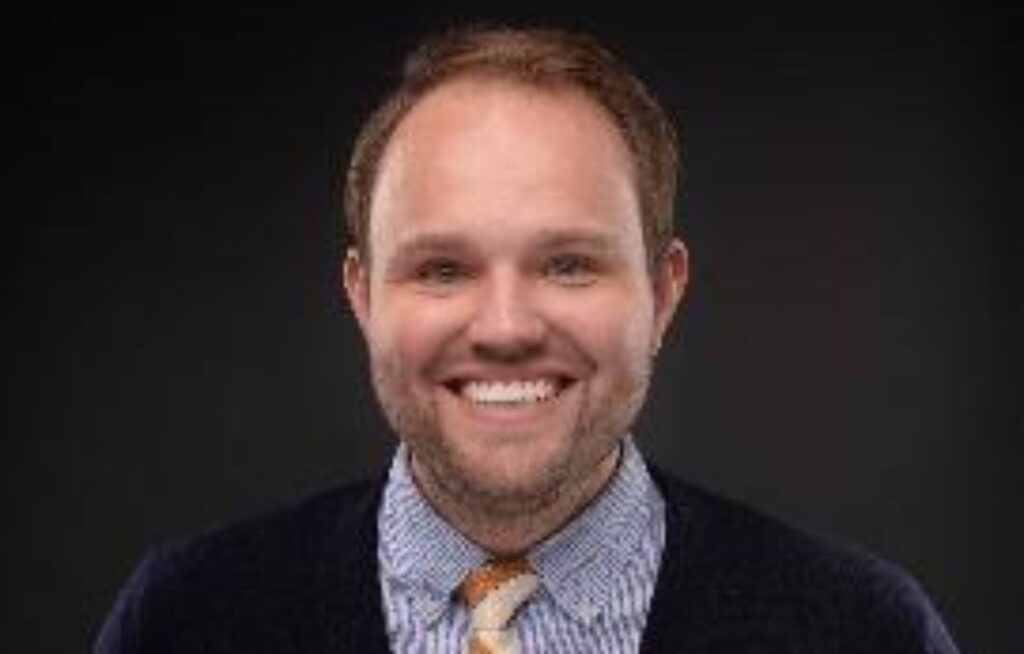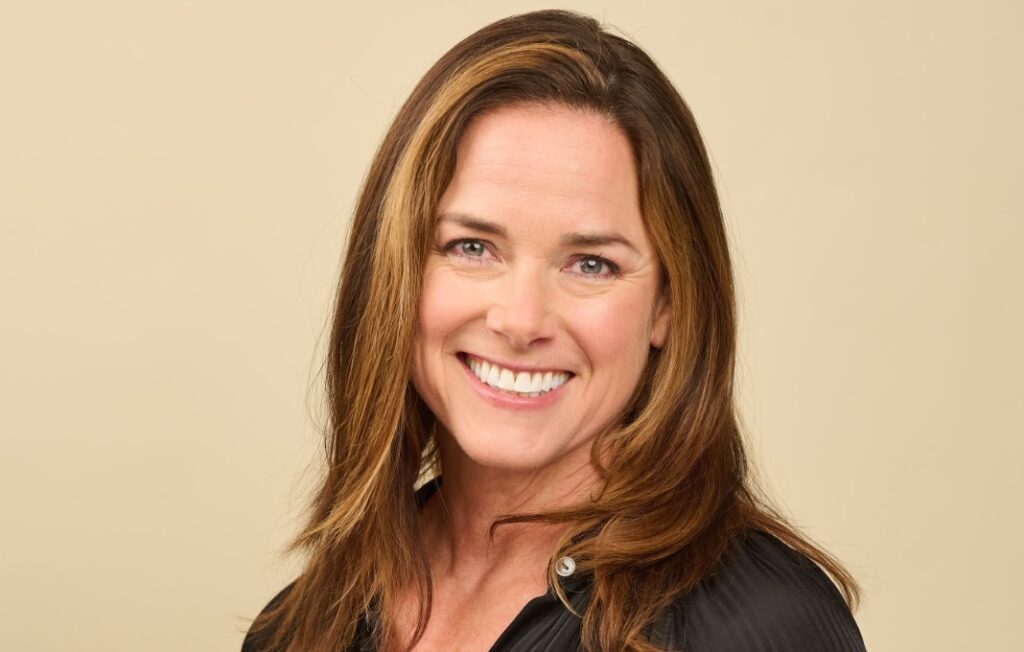If you’re like most executives across the country, you may be reconstituting teams right now, hiring and promoting to fill critical leadership positions. More than ever, you’re competing for people who can be adaptive and agile. Everybody needs people who can grow in response to the rapidly changing business environment. And you probably want people who can get up to speed quickly in the short-term and also succeed in the long-term. Your turnover costs are high enough.
If these sound like familiar challenges, I have a secret that can help. Spotting one skill in candidates can help you solve them, and it’s a skill that defines high-potential leaders: the ability to self-coach. Over my decades of executive leadership in global organizations, that’s what I hired for, that’s what I worked to develop in my teams, and that’s how I led divisions and companies to success. I didn’t always call it self-coaching, but that’s what it was.
Self-coaching encompasses the great leadership abilities: self-knowledge, a growth mindset, deep learning, a focus on action that creates positive change, and of course, continuous improvement. It’s a path to both humility and confidence—recognizing that you don’t have all the answers and that whatever comes, you’ll be able to grow yourself to meet new challenges. It’s a learnable habit that we can develop in people.
How do you know if a candidate, especially a leader, is already on the right path, though? You can dig for evidence of the five fundamentals.
1. Personal Goals and Vision
Coaching of all kinds begins with a goal. What is it we’re trying to achieve and why does it matter? People with self-coaching skills have had that important conversation with themselves and it shows.
More than that, good self-coachers know the “why” behind their goals. Whenever I interviewed leaders, I hunted for signs of this kind of self-awareness. Could they share specifics of their strengths, weaknesses, joy builders, joy blockers?
When you ask candidates about their greatest accomplishments, try adding this question: Why did that outcome matter to you, personally? They should be able to offer a clear answer that might include life and career goals and a description of the kind of work that brings them joy or doesn’t. They should also be able to explain, with specificity, how the new role fits into their personal vision of their future.
2. A Coaching Mindset
People with a coaching mindset are open to opportunities for growth or improvement wherever they show up. When facing challenges, self-coachers avoid the trap of negative storytelling and preconceived notions of what’s “possible.” They often use the approach of reframing or shifting to a more positive and productive way of thinking about hurdles and problems.
One way to discover this resilience-building habit is to ask leaders about times when they’ve felt stuck or unsure how to move forward. Then, follow up by asking how they overcame any limiting thoughts or self-doubt to make progress.
A coaching mindset also encourages us to accept and learn from our mistakes, like my idea for Crystal Pepsi, which was named one of the worst ideas of the century by Time magazine and taught me to pay more attention to people who disagreed with me. More than once I said no to a candidate who couldn’t tell me about a mistake they made and how they handled it or what they learned.
3. A Development Plan
Having a destination is not the same as knowing how to get there, and that’s especially true when it comes to the sometimes-ambiguous steps of personal development. What do you do first? What do you do next? What could stand in your way? These are the kinds of insights you need, but there’s rarely one right answer.
Good self-coaches seek out information, education, and training. They read books, they listen to podcasts, they sign up for coaching. It’s easy to spot this active learning tendency. I always ask two questions: “Who do you turn to or learn from when you want to up your game?” and “How do you make sure you’re staying relevant in XYZ field or as a leader?”
And then …
4. Insightful Action
Ask them what they did with what they learned. Or if you’re discussing a big achievement, ask “How did you have to grow to make that possible?” and listen for specific actions they took to coach themselves into a new opportunity or through a challenge. You could also ask, “What are the first 3 things you would do to be successful in this role?” and listen for action-oriented analysis.
I would put greater weight on insightful action than any other self-coaching essential. Every day, people set goals, work on their mindset, develop plans and then stop short of execution and change. As Jamie Dimon, CEO of JPMorgan Chase, likes to say, “First-rate execution beats first-rate strategy with second-rate execution.”
5. An Improvement Habit
Continued improvement relies on motivation, and too many people leave their motivation up to chance. To be driven to make the daily effort, we need to develop habits so that the effort is automatic, and we need enthusiasm and a way to make progress fun.
I would look for people who showed the required energy. They leaned forward when talking about accomplishments and goals. Their eyes would light up. They could speak with passion about their work. You can also ask how they handled setbacks on the way to a goal.
I love learning and growing every day, so my final question to myself would always be: “Would I want to work for this person?”
As a CEO or CHRO, give yourself and your company the gift of leaders who can self-coach. It doesn’t eliminate your responsibility to coach them, but it makes that job so much more efficient, effective, and especially enjoyable.








